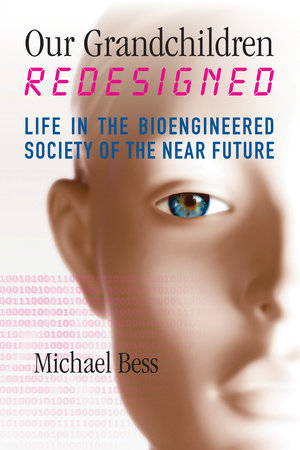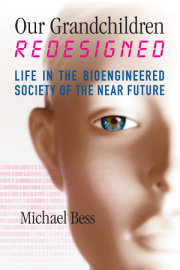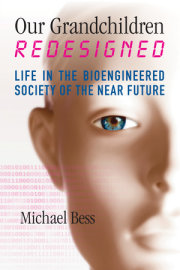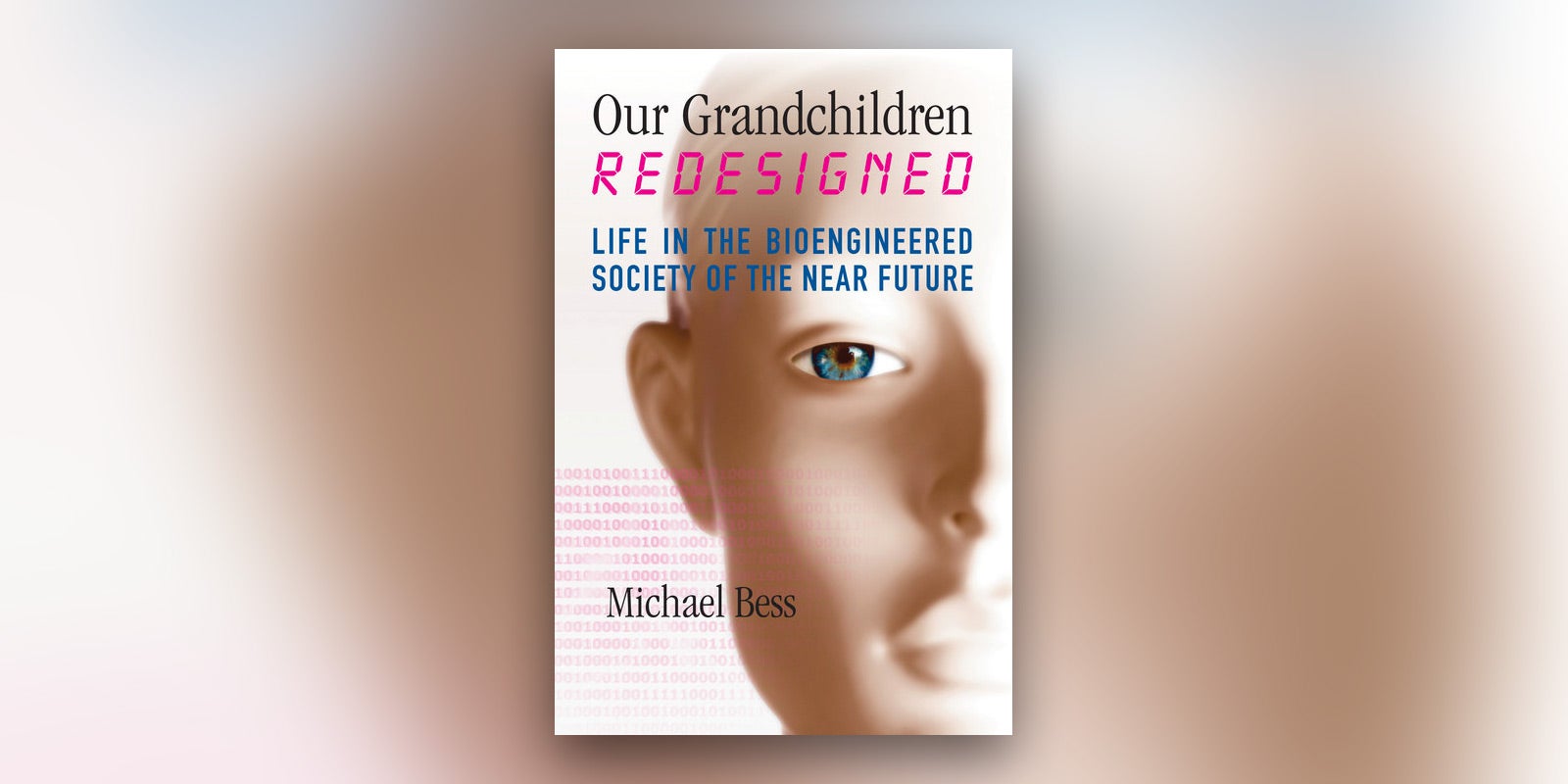Welcome to the Future
PART I: HUMANS REDESIGNED
One: Envisioning the Future: Between the Jetsons and the Singularity
Two: Pharmaceuticals
Three: Bioelectronics
Four: Genetics and Epigenetics
Five: Wild Cards: Nanotechnology, Artificial Intelligence, Robotics, Synthetic Biology
PART II: JUSTICE
Six: Should We Reengineer the Human Condition?
Seven: Who Gets Enhanced?
Eight: A Fragmenting Species? Cultural Preferences Inscribed into Biology
Nine: If I Ran a Zoo: Adventures along the Plant-Animal-Human-Machine Borderlands
PART III: IDENTITY
Ten: Mechanization of the Self
Eleven: Turbocharging Moral Character
Twelve: Shared Intimacies: Monitoring and Transmitting Mental Information
Thirteen: Virtual Reality and (Yawn) This Reality
Fourteen: Till Death Do Us No Longer Part: Implications of Extremely Long Healthy Spans
Fifteen: New Sounds for the Old Guitar: Sex, Food, Privacy, the Arts, Warfare
PART IV: CHOICES
Sixteen: Why Extreme Modifications Should Be Postponed: Or, the Singularity Can Wait
Seventeen: Humane Values in a World of Moderate Enhancements
Eighteen: What You and I Can Do Today
Nineteen: Enhancing Humility: Some Concluding Thoughts
Selected Filmography
Selected Bibliography/Further Reading
Acknowledgments
Notes
Index




